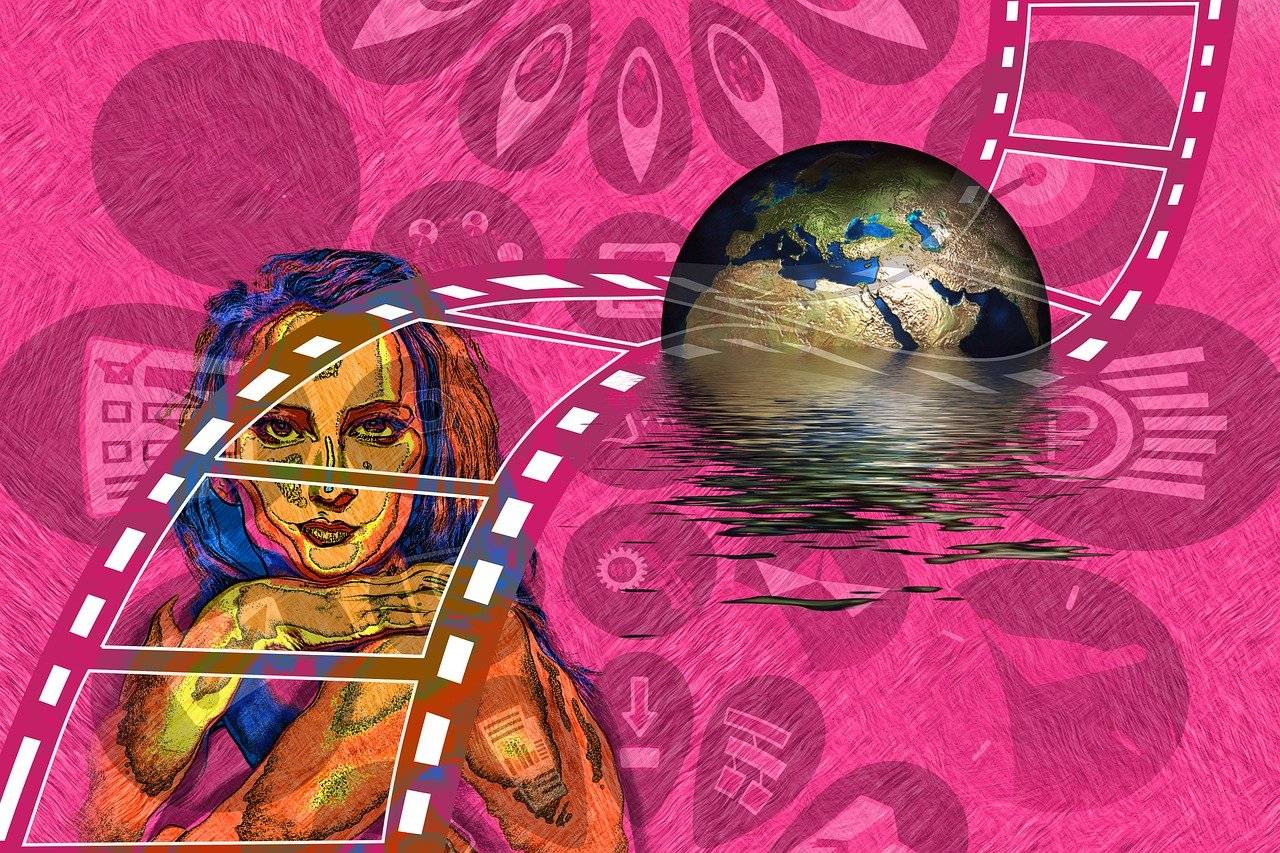The Impact of Virtual Reality on Film and Television Experiences
Virtual reality technology has revolutionized the entertainment industry, offering a fully immersive experience to users. By donning a VR headset, individuals are transported to a digital world where they can interact with characters and environments like never before. This technology has opened up endless possibilities for gaming, allowing players to feel like they are part of the action within the game world.
Furthermore, virtual reality has also made its mark in the realm of live events and concerts. Through VR live streaming, audiences can enjoy front-row seats from the comfort of their own homes, eliminating the constraints of physical distance. This innovation has not only expanded the reach of live entertainment but has also provided a more intimate and engaging experience for viewers, creating a new dimension to the way we consume entertainment.
Evolution of Virtual Reality in Filmmaking
With the advancements in technology, virtual reality (VR) has made its mark in the filmmaking industry. Filmmakers have embraced VR as a powerful tool to create immersive and engaging experiences for their audiences. By allowing viewers to be fully immersed in the story, VR has the potential to revolutionize the way films are made and experienced.
One of the key benefits of VR in filmmaking is its ability to transport viewers to different worlds and perspectives. Filmmakers can now take their audience on a journey like never before, allowing them to experience the story from a first-person perspective. This level of immersion not only enhances the viewing experience but also opens up a whole new realm of storytelling possibilities for filmmakers to explore and experiment with.
Virtual reality allows viewers to be fully immersed in the story
Filmmakers can transport audiences to different worlds and perspectives
VR offers a first-person perspective experience for viewers
Immersion enhances the viewing experience and opens up new storytelling possibilities
Immersive Storytelling with Virtual Reality
When it comes to immersive storytelling, virtual reality (VR) opens up a world of endless possibilities. Through the use of VR technology, storytellers can transport audiences into captivating narratives where they can actively participate in the story unfolding around them. This interactive and engaging experience allows for a deeper connection between the viewer and the content, creating a sense of presence and emotional investment that traditional storytelling formats often struggle to achieve.
Furthermore, VR enables creators to craft unique and innovative narratives that break free from the constraints of traditional filmmaking. By immersing viewers in a 360-degree environment, storytellers can guide the audience’s attention and manipulate their perception of time and space in ways that were previously unimaginable. This level of creative freedom empowers creators to experiment with new storytelling techniques and push the boundaries of what is possible in the world of visual storytelling.
How is virtual reality technology being used in the entertainment industry?
Virtual reality technology is being used in the entertainment industry to create immersive experiences for audiences, allowing them to feel like they are part of the story.
What advancements have been made in virtual reality in filmmaking?
Virtual reality in filmmaking has evolved to allow filmmakers to create 360-degree videos, interactive storytelling experiences, and virtual sets that can be explored by the audience.
How does virtual reality enhance storytelling?
Virtual reality enhances storytelling by allowing viewers to feel like they are inside the story, experiencing it from a first-person perspective and engaging with the narrative in a more immersive way.
Can virtual reality be used for storytelling in other mediums besides film?
Yes, virtual reality can be used for storytelling in a variety of mediums, including video games, interactive experiences, and virtual tours.
What are some examples of successful immersive storytelling experiences using virtual reality?
Some examples of successful immersive storytelling experiences using virtual reality include the VR experiences created by companies like Oculus, HTC Vive, and PlayStation VR, as well as interactive VR films like “Henry” and “Allumette.”





